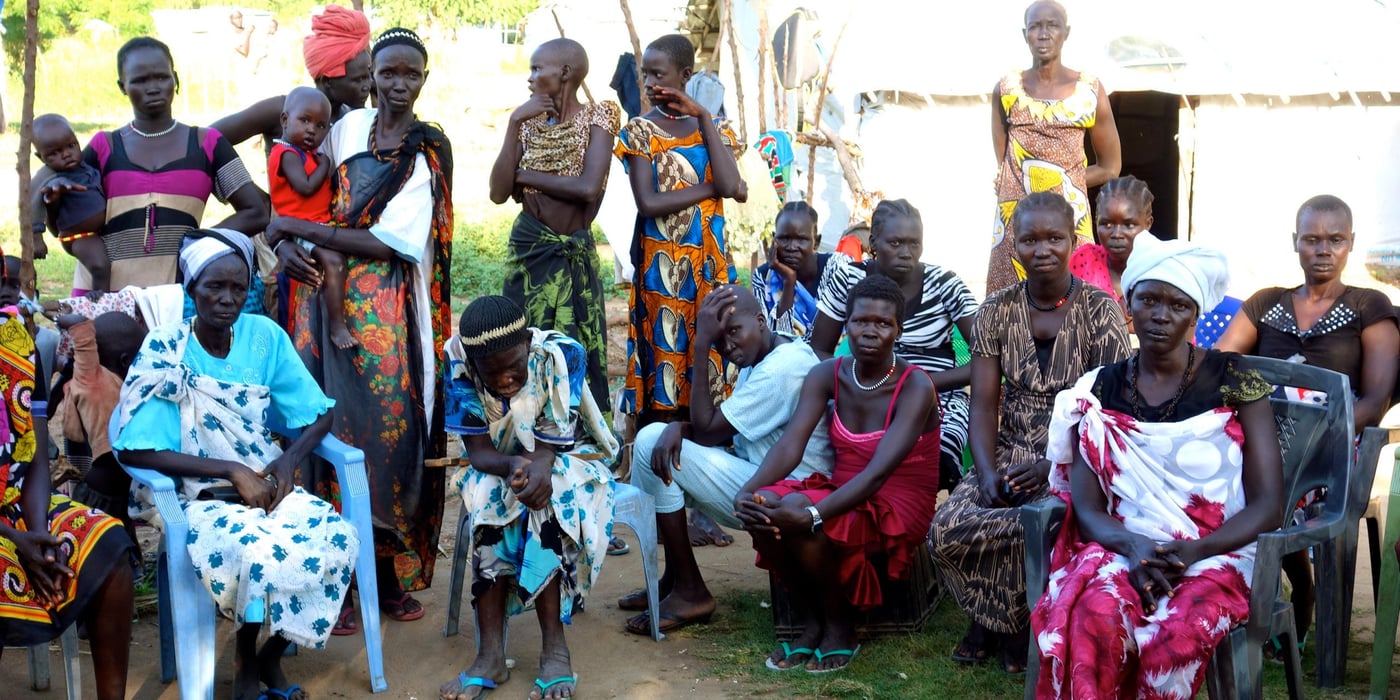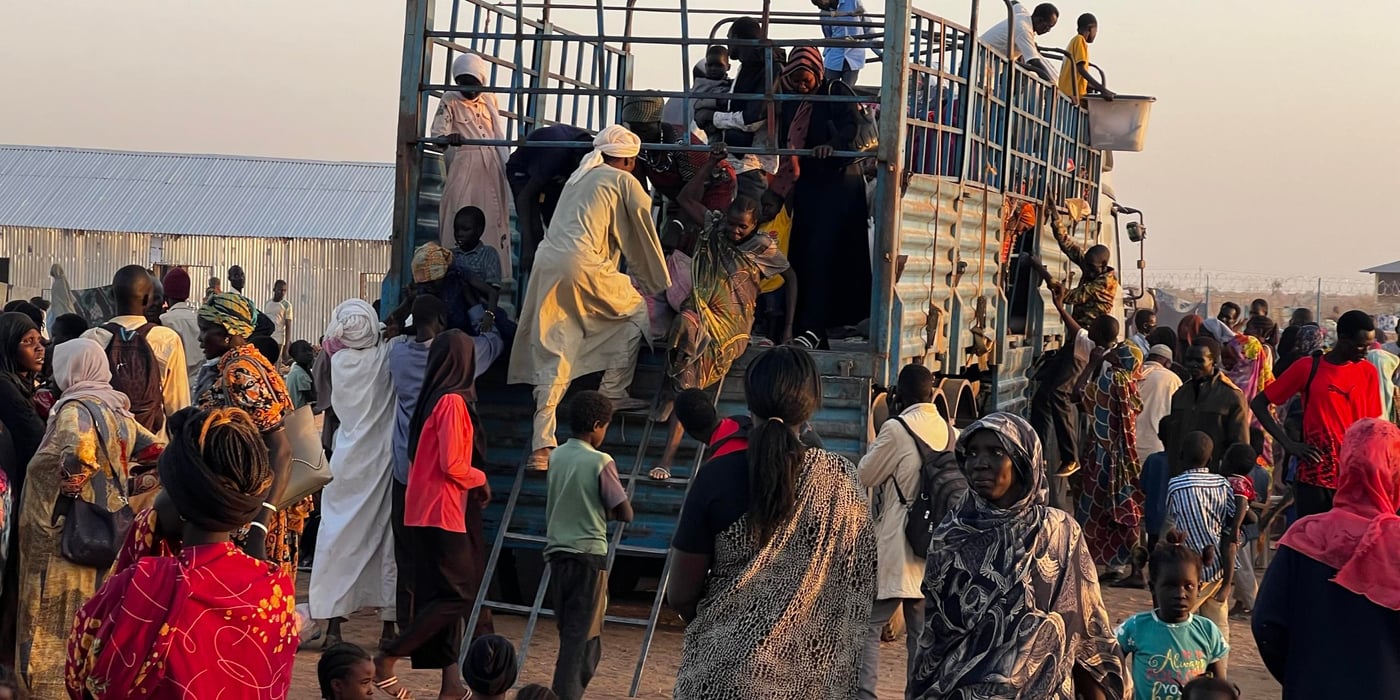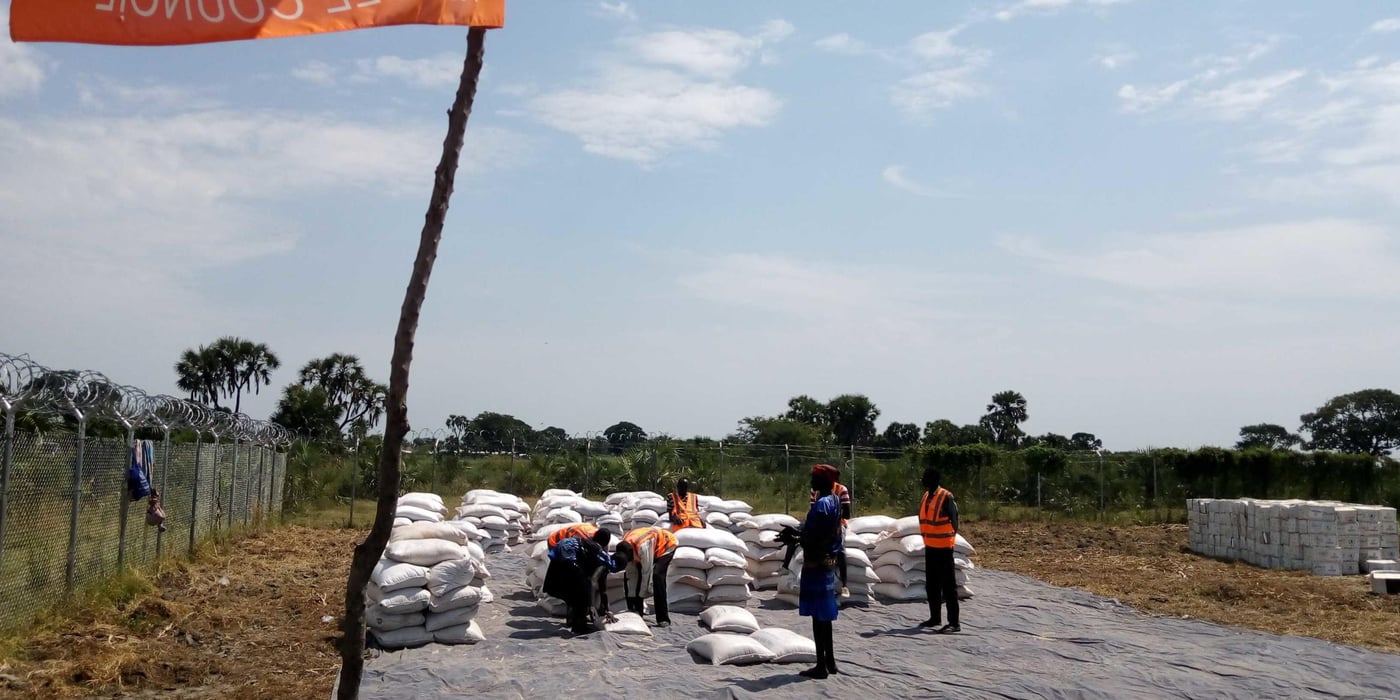
Renewed violence in central and southern Unity State has forced the International Rescue Committee (IRC) and the Norwegian Refugee Council (NRC) to suspend plans to return to the area after weeks of extensive negotiations and securing permission with parties to the conflict just a week ago. An estimated 251,000 people living in Koch and Leer Counties in Unity State, South Sudan, have been cut off from regular humanitarian assistance for nearly six months, and nongovernmental organizations fear that communities’ ability to cope is nearing exhaustion.
This is the second suspension of NRC and IRC activities in Koch and Leer Counties in the last five months. Both agencies have had to suspend their operations since May due to clashes between armed factions.
“People are running out of time,” said Victor Moses, NRC country director.
“They have had no regular food assistance, shelter support, or other forms of aid since May. After having experienced so many attacks and such sustained displacement, families’ stocks of supplies are likely to be depleted.”
The resumption of fighting comes approximately one month after the government of South Sudan and opposition parties signed an Agreement to the Resolution of the Conflict in the Republic of South Sudan. The recent fighting joins a growing list of incidents being investigated as potential ceasefire violations by the Intergovernmental Authority on Development (IGAD).
“The people in Koch and Leer Counties have borne the brunt of this conflict since May, and the ongoing unrest is keeping vital aid from reaching them,” said Ronald-Paul Veilleux, South Sudan country director at the International Rescue Committee.
“All parties to the conflict should uphold a lasting, peaceful solution so that communities in Koch and Leer Counties can recover and eventually prosper.”
NRC and IRC call on all parties to the conflict to halt hostilities in Unity State so that populations can access the assistance they desperately need. The two organizations further call on the international community to exert its influence to ensure that the peace agreement is fully implemented and that aid agencies enjoy full and unfettered access to all those in need, in accordance with international humanitarian law.



